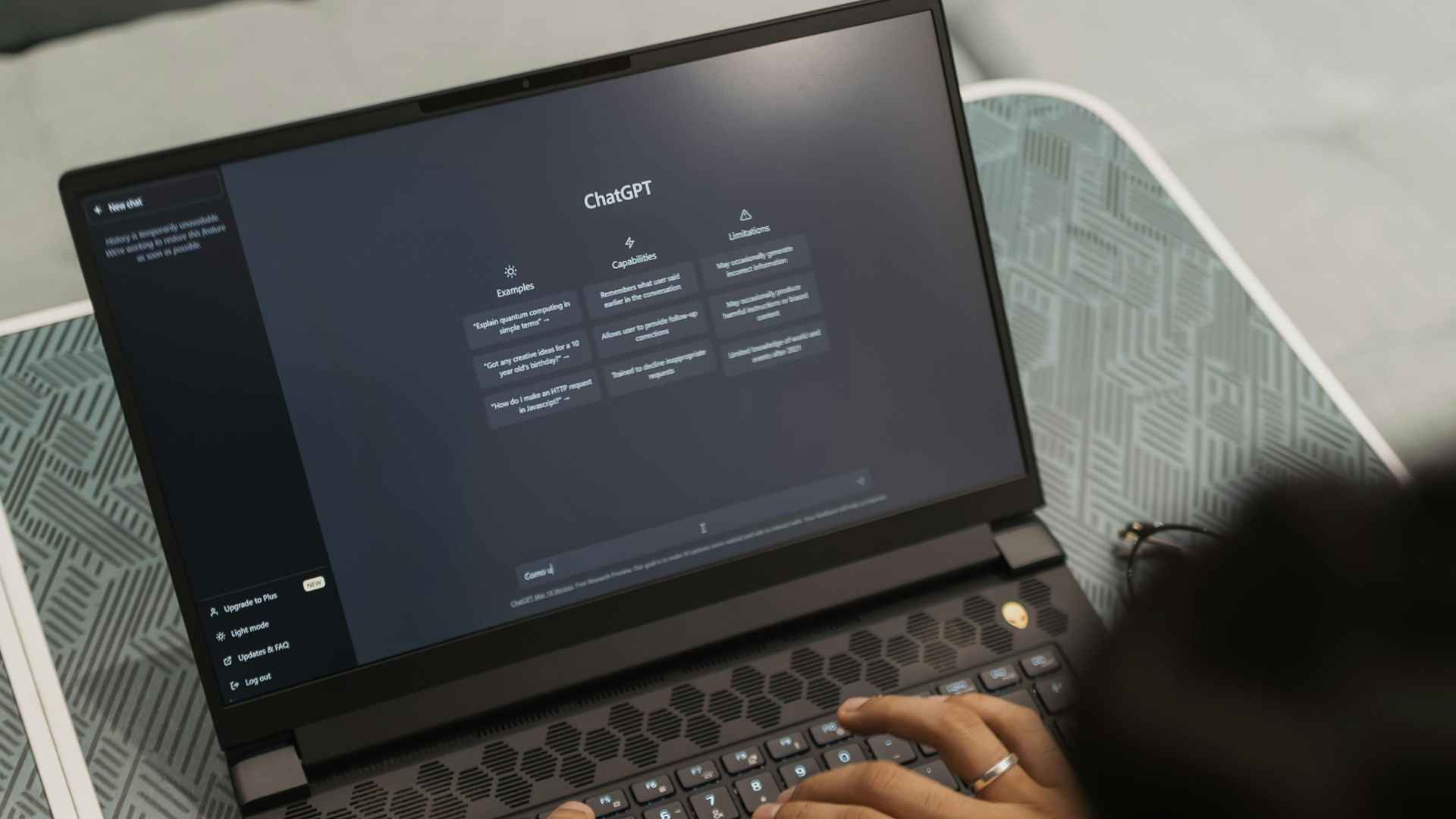A late‑night laptop peek turns private doubts into a viral lesson on digital trust. When a curious girlfriend opened her partner’s chat history, she expected the usual search queries. Instead, she found a months‑long conversation with ChatGPT detailing his growing dissatisfaction with their relationship—and step‑by‑step advice on how to leave her gently. Screenshots rocketed across social networks, sparking debate over where confidentiality ends and emotional infidelity begins.
Emotional infidelity takes on new meaning when private chats become public proof
Friends often confide in friends, but using an online assistant to rehearse heartbreak feels different. “It’s like practicing the breakup without facing me,” the woman wrote in a now‑deleted X thread. Commenters asked: is sharing hopes and fears with a bot the same as venting to a buddy, or does it cross a boundary because no human ever pushes back?
Experts in digital psychology note that language tools can create an illusion of intimacy. Because the software responds instantly, users may open up more than they would with a real confidant, deepening attachments that never feel truly fictional. Ever wondered how many couples could survive that kind of one‑sided counseling?
Social media frenzy reignites questions about digital boundaries in modern romantic life
By dawn, the story had been re‑posted more than 50,000 times. Onlookers split into camps: some blamed the girlfriend’s “snooping,” others slammed the boyfriend for planning a breakup behind a screen. Privacy lawyers add that chat logs stored locally can be considered shared property in many states if devices are communal. Consequently, betrayed partners may legally access them—though doing so rarely heals trust. Here, a key takeaways from the unfolding drama:
- Emotional disclosure to a digital assistant can feel like a safe bubble—until someone else reads it.
- Planning a breakup in secret may prolong uncertainty and heighten hurt.
- Shared devices blur lines of ownership; clear boundaries matter more than ever.
- Publicizing private chats invites strangers into the relationship, amplifying conflict.
- Honest, in‑person conversation remains the quickest path to clarity.
Below is a comparison critics are circulating online:
| Behavior | Traditional cheating | Digital emotional cheating |
|---|---|---|
| Primary arena | Physical or live messaging with another person | Private dialogue with an online assistant |
| Sense of secrecy | Meeting or texting outside partner’s knowledge | Belief that logs are invisible unless shared |
Neither column offers comfort, but both highlight the impact of hidden communication. What happens next for the couple and for readers watching the fallout? Sources close to the pair say they have paused all social media while deciding whether trust can be rebuilt face‑to‑face. Regardless of the outcome, their viral moment reminds everyone to set clear digital boundaries early—and close those chat tabs if the conversation could break a heart.

